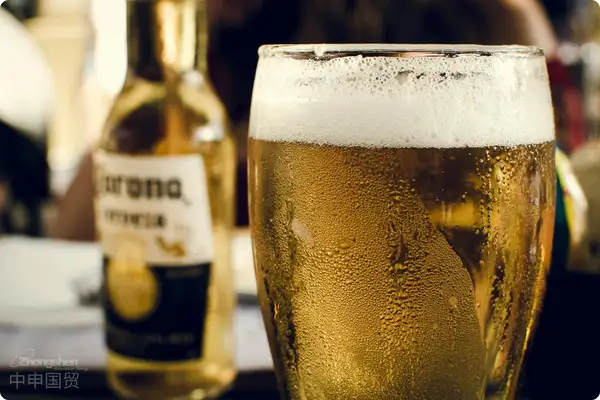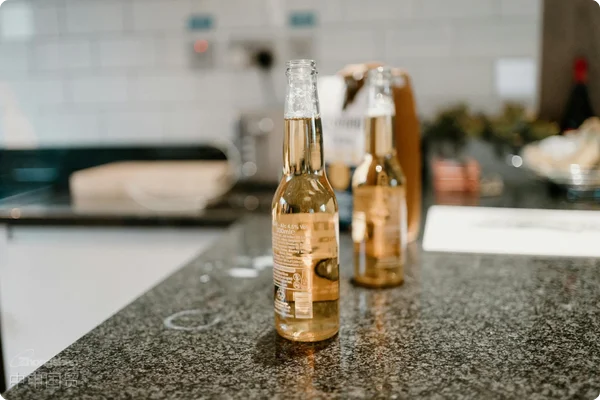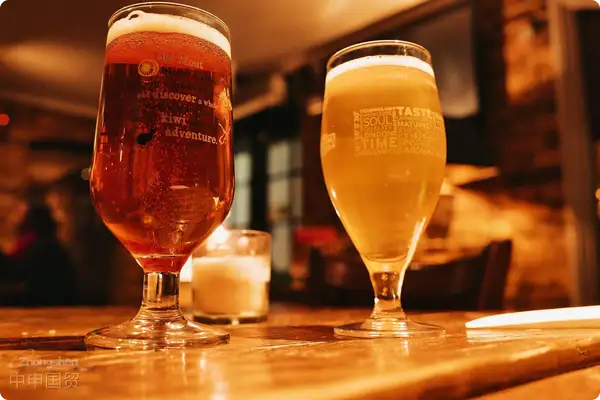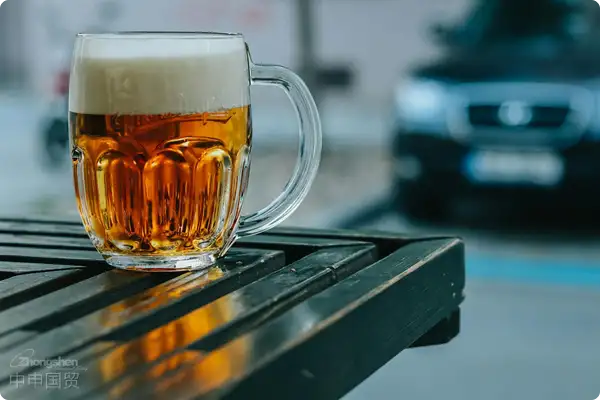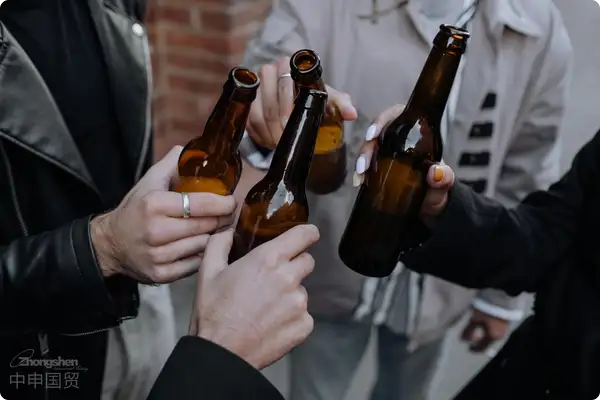- Shanghai Zhongshen International Trade Co., Ltd. - Two decades of trade agency expertise.
- Service Hotline: 139 1787 2118
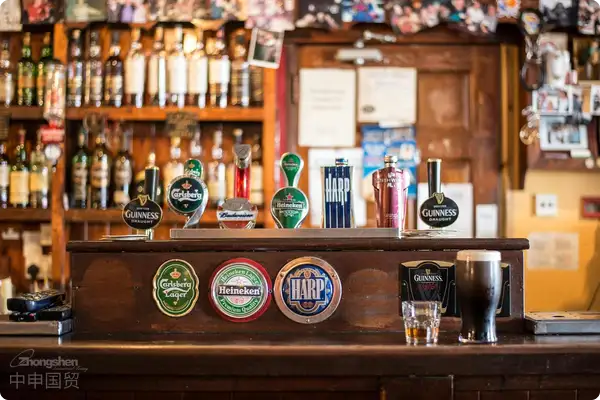
When Craft Beer Meets Chinese Customs
My German partner once joked, Shipping beer to China is like transporting liquid gold. But the reality is that last year, a batch of Belgian abbey beer was held up in the bonded zone for 45 days due to a missing period in the Chinese label. This serves as a warning:Imported beer is both a taste business and a compliance business.
The Three Firewalls of Certification Documents
- It is recommended to verify through the following methods:The Dual Certification of the Book: EU countries need to provide both EUR.1 and health certificates
- The Alcohol Content Conversion Trap: US proof units must be converted to the internationally accepted %vol (conversion formula: proof ÷ 2 = alcohol content)
- The Hidden Clauses of Expiration Date Labeling: Both production date and expiry date must be labeled; labeling only best before will result in customs clearance failure
The Economics of Transportation Methods
| Transportation method | 20ft container cost | Average lead time | Applicable scenarios |
|---|---|---|---|
| Large - quantity importsMaritime Transportation | ¥18,000-25,000 | 35-50 days | Conventional circulation products |
| Air TransportationGroupage | ¥45-60/kg | 3-7 days | Limited-edition craft products |
| China-Europe Railway Express | ¥28,000-35,000 | 18 - 25 days | + Bonded warehouse |
The Craft Rules of Channel Distribution
- Foodservice Channel: Pay attention to the matching supply system of bottle openers and wine glasses
- E-commerce Platform: Prepare compliance certificates for influencer marketing 6 months in advance
- Convenience Store System: Barcodes must contain enterprise codes starting with 69,
Four Early Warning Signs for Risk Control
- Refrigerated Container Power Failure Record Inquiry (traceable via IMO number)
- Consistency Verification Between Hop Content and Customs Documents
- Validity Period of Malt Concentration Test Report (typically 3 months before shipment)
- Pressure Test Certificate for Can Packaging (must simulate ocean shipping vibration environment)
The Golden Triangle of Product Selection Logic
I often joke: Choosing beer is like picking stocks. A successful product portfolio requires balance:30% Traffic Drivers(Industrial Lager),50% Profit Generators(Specialty Ales),20% Image Builders(Barrel-aged Varieties). Remember, categories with alcohol content exceeding 10% vol require additional special food licensing applications.
Three Critical Questions for Agent Selection
- Can they provide complete traceability system integration?
- Do they have mature channels for handling near-expiry products?
- Are they equipped with certified sommelier teams?
In the frothy track of imported beer business, Ive seen too many people stumble at compliance thresholds. Remember:Good-tasting beers are all alike, but reliable supply chains are one in a million.When you hold German Beer Purity Law certification, dont forget Chinese customs has its own 456 regulatory principle - 4℃ constant temperature, 5 complete certificates, 6-side inspection. There are no shortcuts in this business, but mastering the know-how can turn bitter brewing into sweet success.
Related Recommendations
Category case
Contact Us
Email: service@sh-zhongshen.com
Related Recommendations
Contact via WeChat

? 2025. All Rights Reserved. Shanghai ICP No. 2023007705-2  PSB Record: Shanghai No.31011502009912
PSB Record: Shanghai No.31011502009912
